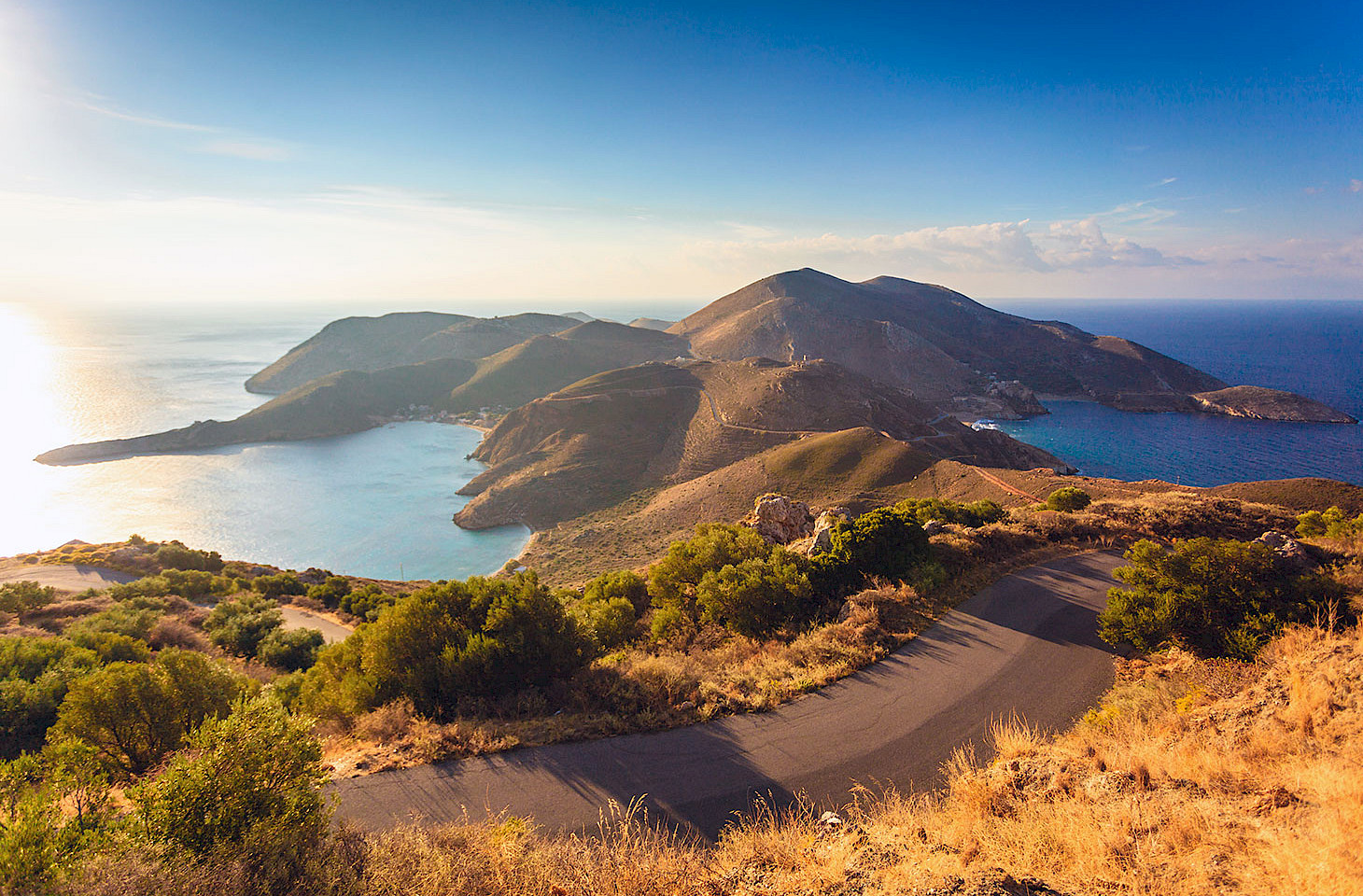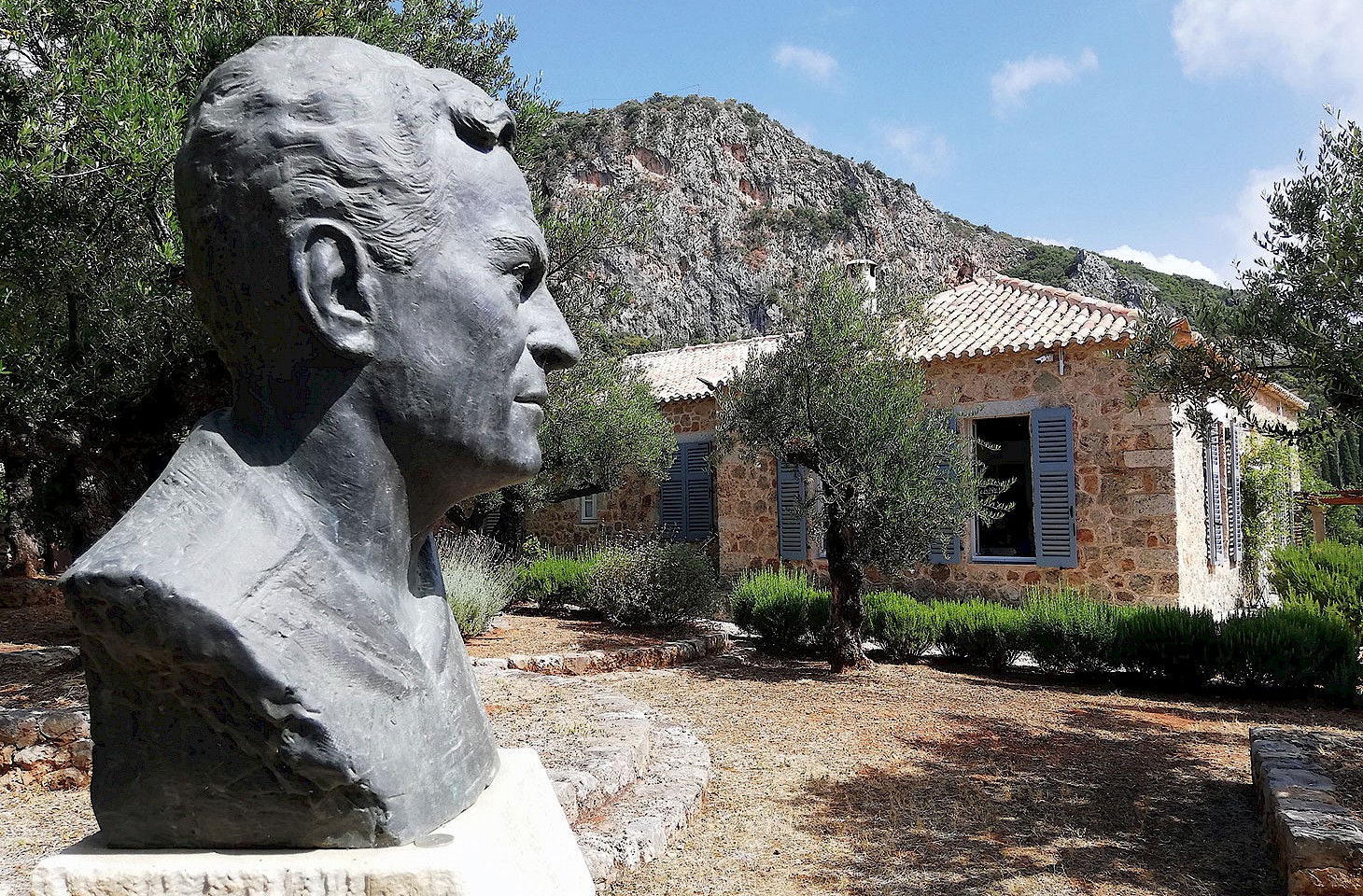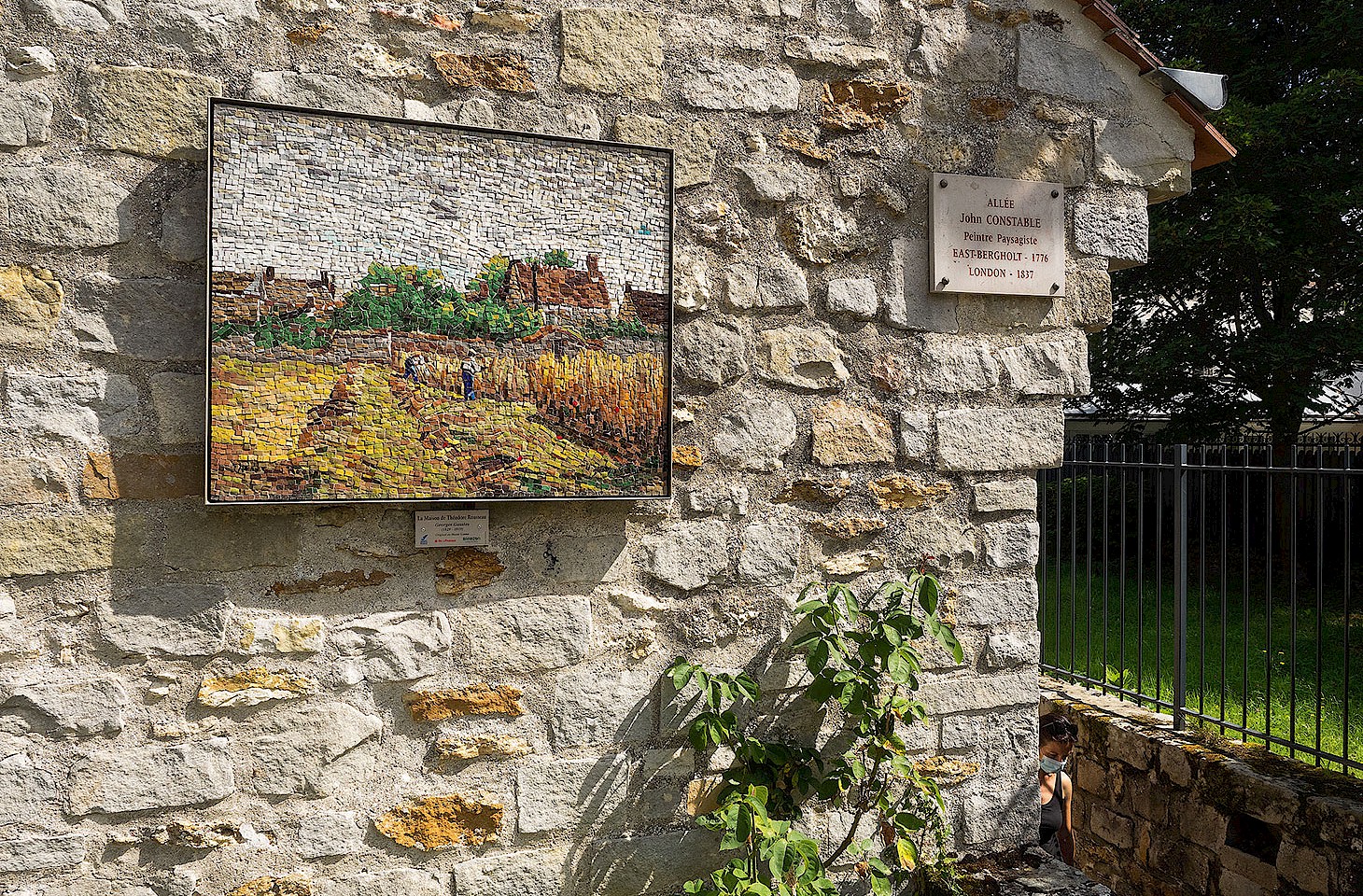Dear fellow travellers
Were it not for a librarian, we would surely never have ventured to Duchcov. We have always held librarians, and indeed libraries, in high regard. Nowadays there are probably travel writers who have never once crossed the threshold of a great library. Their loss! We're of one mind with Dervla Murphy who once described Heaven as an infinite library and Eternity as a blissful opportunity to read forever.
Librarians are too often dismissed as dull types. Not so Jorge Luis Borges of course, the talented poet who ran the Biblioteca Nacional de la República Argentina for two decades, despite becoming blind shortly after taking up the post. There have been other notable poet-librarians: Philip Larkin in England and Archibald MacLeish in the United States. The latter's zeal in restructuring the Library of Congress within just a few years is still remembered in American library circles.
Whether Giacomo Casanova entirely restructured the library at Duchcov we do not know, but he evidently did a pretty good job in cataloguing the books, dusting the shelves and generally ensuring that the library at the town's Baroque château was kept in good order. We suspect the book collection at Duchcov wasn't quite as extensive as that at the legendary library at Alexandria. But it was surely on a par with the private libraries in many country houses and stately homes across Europe in the late 18th century. That the world's most famous philanderer spent the last 13 years of his life in a small town in Bohemia was due entirely to the generosity of the young Count von Waldstein who owned the château at Duchcov.
We suppose that if you have most things in life, as Waldstein did, then acquiring a tame dilettante makes perfect sense. Especially if he can lend a hand in keeping the library in order. For Waldstein, Casanova was indeed an acquisition, although the adventurer was perhaps a tad past his peak when he moved to Duchcov. Casanova's arrival helped put the stately home in Duchcov on the map. And it has certainly helped the town ever since. 'Duchcov: City of Casanova' proclaim the brochures. It seems that Waldstein has been upstaged by his librarian.
It was while living and working at Duchcov that Casanova wrote his famous autobiography Histoire de ma vie. It was written in French rather than his native Italian because Casanova well understood that in French the book would attract a larger readership. It clearly was not an easy decision. "Italian," wrote Casanova, "is unquestionably superior to French in richness, beauty and energy."
Duchcov is not the only place to play the Casanova card. The Croatian coastal resort of Vrsar has wooed Latin lovers and a wider public with a Casanova Festival - carefully ignoring the fact that Casanova's two stays in the town were both brief. He also recorded in his autobiography that the port, then known as Orsara, was a wretched spot.
Duchcov has a good exhibition on the life and work of Casanova. It tells how the writer's last years were not entirely happy ones. Evidently, Casanova's library duties were slight and he was bored. In 1789, he started his memoirs "as the only remedy to keep from going mad or dying of grief." Over the following nine years, the manuscript of Histoire de ma vie grew to over 4500 pages. It was only long after Casanova's death in 1798 that the book came to print. And it was the racy prose of Histoire de ma vie which posthumously sealed Casanova's reputation as the greatest philanderer of all time. Duchcov is still cashing in on Casanova.
Nicky Gardner and Susanne Kries
(editors, hidden europe magazine)




